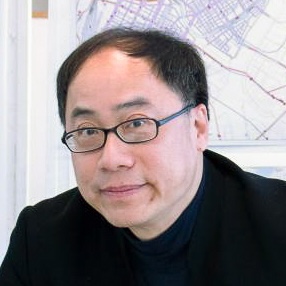Perry Pei-Ju Yang is a Professor and Director of the Eco Urban Lab of the School of City and Regional Planning and the School of Architecture at the Georgia Institute of Technology. His work focuses on incorporating data analytics into urban design to improve the ecological and energy performance of cities. He has published more than fifty articles and book chapters in this area since 2009. He co-edited and co-authored six chapters in the 2020 book “Urban Systems Design: Creating Sustainable Smart Cities in the Internet of Things Era.” He co-edited a 2019 theme issue “Urban Systems Design: From Science for Design to Design in Science” in the prestigious journal Environment and Planning B: Urban Analytics and City Science. Prof. Yang has also been awarded more than ten prizes in international competitions continuously from 2005 in Asian cities, including the 2009 World Games Park at Kaohsiung, Taiwan, a project opened in July 2009 and featured by CNN as an “eco-friendly” venue.
Prof. Yang has held various academic positions such as a Visiting Professor at the Department of Urban Engineering of the University of Tokyo (2022–2023), a Visiting Scientist at CARES of the Cambridge University in Singapore (2023), endowed Bayer Chair Professor of UNEP Institute at Tongji University (2014–2018), and a faculty fellow of the Brook Byers Institute for Sustainable Systems at Georgia Tech (since 2018). He has served as a board member of the International Urban Planning and Environment Association (UPE) since 2007. He has been a scientific committee member of the International Conference on Applied Energy (ICAE) since 2015. Prior to joining the Georgia Tech faculty, hHe was a Fulbright Scholar and SPURS Fellow at MIT (1999–2000) and an Assistant Professor of Architecture and Urban Design at the National University of Singapore (2001–2008).

